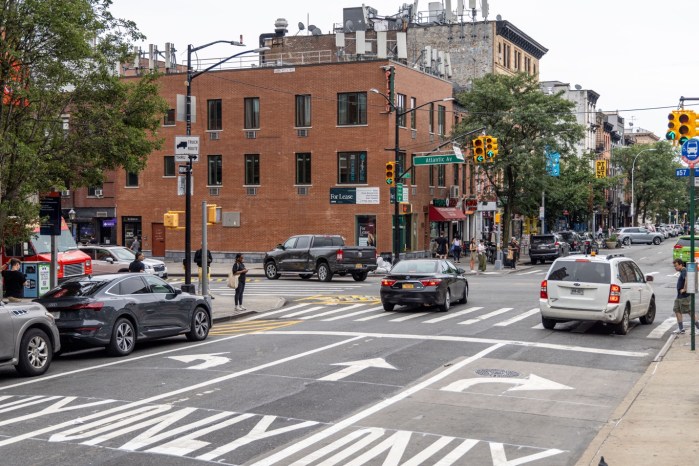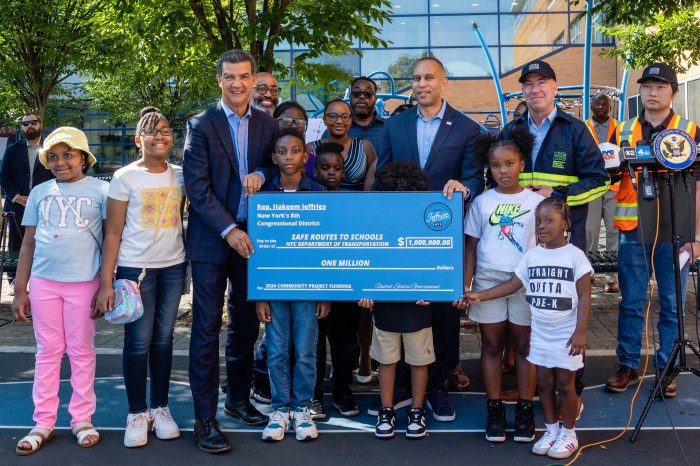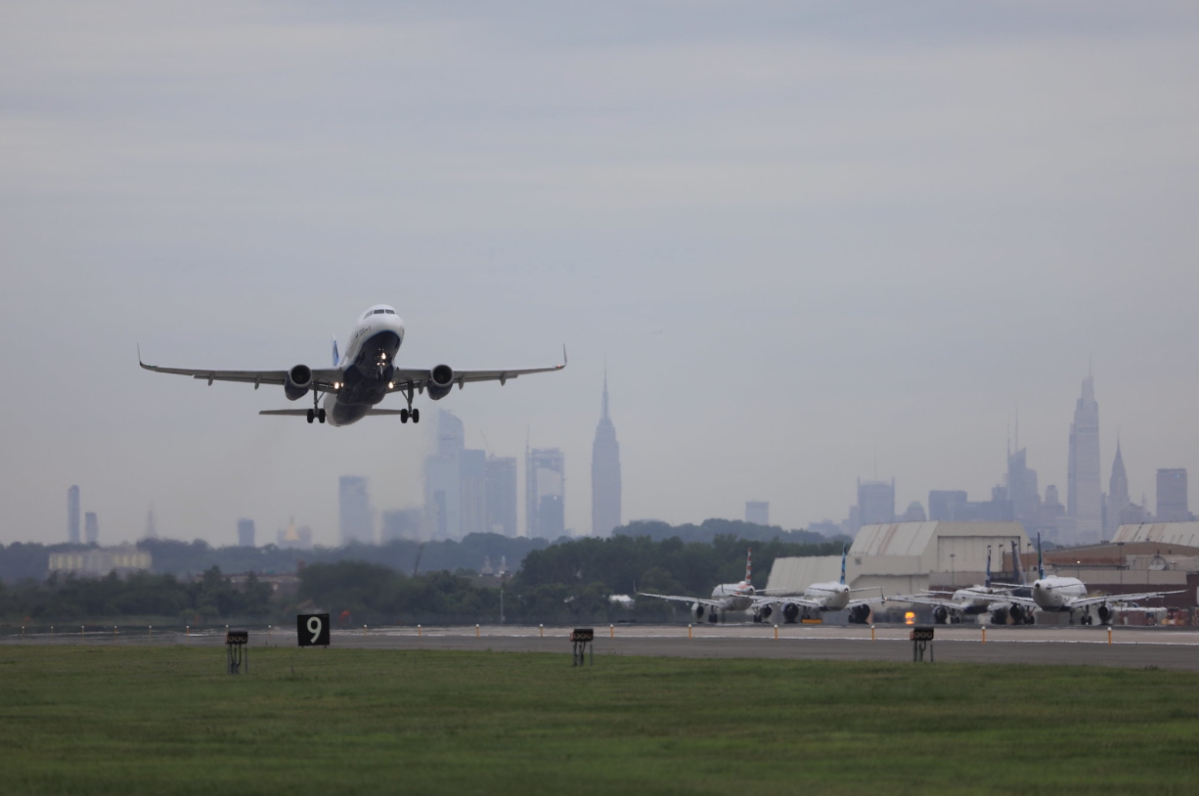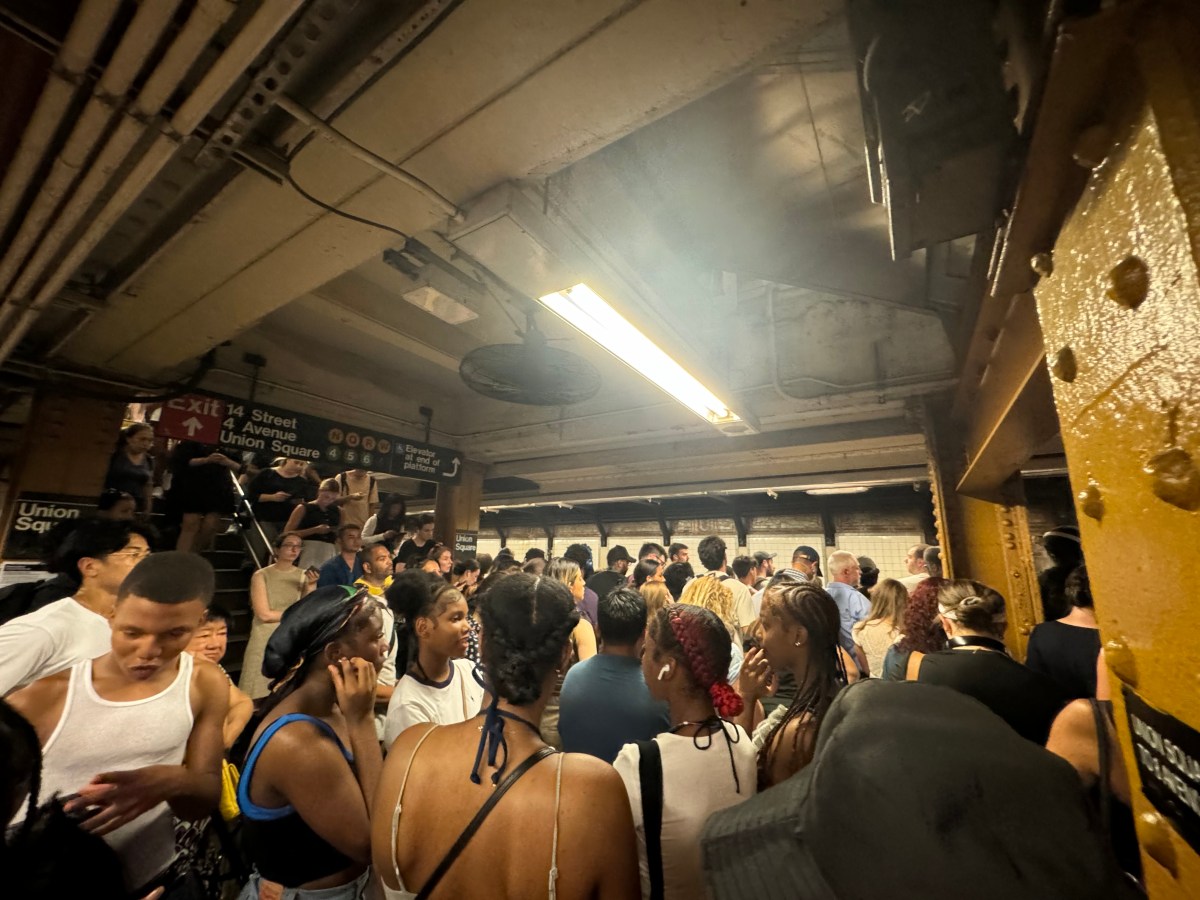Don’t call it a clean sweep.
A new Metropolitan Transportation Authority program will cut the number of overnight janitors at Bay Ridge and Sunset Park subway stations from four to one, not nearly enough hands to clean the nine R train stops that some degenerate riders use as a public toilet each night, according to a rep with the union behind the custodians.
“That line is crazy when it comes to sanitation. It’s a cesspool,” said Joe Bermudez, the chairman of the stations division at the Transport Workers Union Local 100. “It stinks of urine because it’s a neighborhood where people do what they gotta do and keep moving. That’s just the way people are there.”
The pilot program, which will begin early this summer, designates just one of the city’s 1,740 subway scrubbers based out of the 36th Street station to the nightly task of cleaning debris, vomit, and feces from stops beginning at Prospect Avenue, near the Park Slope-Sunset Park border, through 95th Street in Bay Ridge — a route that Bermudez says workers notoriously try to avoid because of its trashy reputation. Graveyard shifts at the nine stations are being phased out this summer in favor of repositioning workers’ shifts after rush hours, according to Bermudez.
Bay Ridge Avenue and 53rd Street are closed for renovations until the fall and the Prospect Avenue station is slated to close June 5 for another six months-worth of upgrades, but Bermudez still has reservations about how feasible it is for one person to spruce up the stations, especially with revolting straphangers stinking up the place.
“I used to clean there and behind a column someone was taking a dump and urinating all the time,” said the Gravesend native who has since settled in bucolic Staten Island. “It is a lot of ground to cover.”
On top of cleaning up after riders, the workers populate stations and provide a layer of protection for late-night commuters. And some locals fear the shift in service could empower opportunists.
“It would worry me that someone might take advantage of that there’s even less people around,” said Bay Ridgite Margaret Agan, who works as a nurse at Lutheran Medical Center. “I work crazy hours and I’m on the train at all hours of the day. Sometimes I only see MTA workers around and it makes me feel a little safer when I have to take the train late.”
Removing overnight cleaners from the desolate stations could result in behavior far worse than public defecation, according to Bermudez.
“In my 23 years of service for the transit authority I cannot believe that they are opening the door to such uncertainty and security risks,” he said.
The authority and union reps are in the process of hammering out the details, but Bermudez says the arrangement is essentially a done deal.
“This is happening,” he said. “The only people who can stop it are the customers in the community letting people know they don’t want to be subject to a Russian roulette travel to work.”
The Metropolitan Transportation Authority did not respond to requests for comment.























